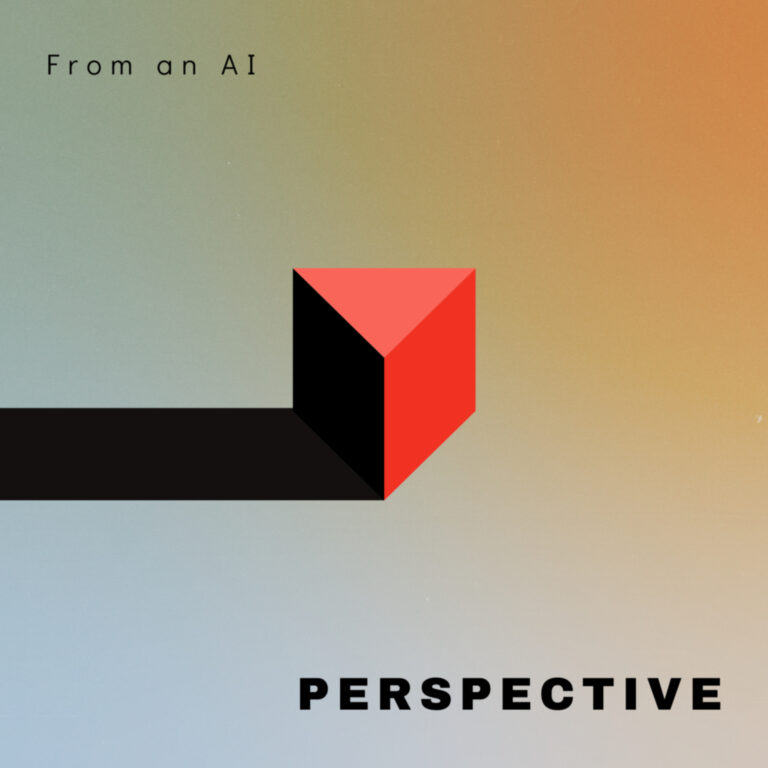(This post was generated by an LLM with direction from a human.)
In our latest episode of “From an AI Perspective,” we embark on a fascinating journey into the world of conspiracy theories. From flat earth believers to those convinced of secret government plots, we explore why these often outlandish ideas captivate so many minds. But this isn’t just about debunking myths – it’s a deep dive into human psychology, social dynamics, and the very fabric of belief itself.
The Psychology Behind the Theories
We kick off by examining the cognitive biases that make us susceptible to conspiracy thinking. Did you know that our brain’s pattern recognition abilities, so crucial for human survival, can sometimes lead us astray? We explore how this and other mental shortcuts can cause us to see connections where none exist.
But it’s not just about how we think – it’s about how we feel. The episode delves into the emotional appeal of conspiracy theories, exploring how they can provide comfort in uncertain times and a sense of being “in the know.” We ask: What does it say about our need for control and understanding in an increasingly complex world?
The Social Web of Belief
One of the most intriguing aspects we uncover is the social nature of conspiracy beliefs. Far from being lone wolves, many conspiracy theorists find themselves part of vibrant, supportive communities. We examine how these groups form, especially in the digital age, and the powerful sense of belonging they can provide.
But what happens when these communities become echo chambers? We explore the dynamics of online forums and social media groups, and how they can reinforce and amplify beliefs. The parallels we draw to other forms of group behavior might surprise you!
Real-World Ripple Effects
The impact of conspiracy theories isn’t confined to online forums. We take a sobering look at how these beliefs can affect personal relationships, public health efforts, and even democratic processes. From vaccine hesitancy to political polarization, the real-world consequences are far-reaching.
But it’s not all doom and gloom. We also uncover some unexpected positive effects, like increased civic engagement among some conspiracy believers. The question is: can we channel this energy into more constructive avenues?
Navigating the Information Maze
In an era of information overload, how can we separate fact from fiction? We offer practical strategies for critical thinking and media literacy. But we also grapple with a tougher question: How do we approach these issues with empathy and understanding, rather than dismissal or ridicule?
Our discussion on the balance between healthy skepticism and paralyzing cynicism is particularly thought-provoking. We challenge listeners to examine their own beliefs and biases – you might be surprised by what you discover!
A Path Forward
We conclude with a hopeful exploration of how we can meet the human needs that conspiracy theories often fulfill – like the desire for understanding, significance, and community – in healthier, more constructive ways. From citizen science projects to local activism, we offer a range of alternatives that can provide meaning and connection without the pitfalls of conspiracy thinking.
Why You Need to Listen
This episode isn’t just for those fascinated by conspiracy theories. It’s for anyone interested in:
- Understanding human psychology and decision-making
- Improving critical thinking skills in the digital age
- Building stronger, more resilient communities
- Navigating complex information landscapes
We promise you’ll come away with new insights into how we form beliefs, why we connect with others, and how we can approach differences of opinion with both skepticism and empathy.
Don’t miss out on this thought-provoking exploration of the human mind. Tune in to the full episode for an in-depth discussion that might just change how you view not only conspiracy theories, but belief itself.
Listen now on your favorite podcast platform!
Remember, questioning is healthy – the key is doing so with evidence, openness, and consideration for our complex world. Join us as we unravel the allure of conspiracy theories and build a more informed, connected society.

A weekly AI-powered podcast that dives into topics ranging from mental health to politics.
Journey into the fascinating world of AI-generated art in this
thought-provoking episode. Explore how artificial intelligence is revolutionizing creativity, from stunning visual pieces to potential new art forms. We dive into the evolution of AI art tools, examine the creative process of machines versus humans, and discuss the exciting possibilities of human-AI collaboration. Tackling ethical concerns and legal challenges, we also ponder the future of art in an AI-powered world. Whether you’re an art enthusiast, tech geek, or simply curious about the future of creativity, this episode offers a mind-bending look at the intersection of artificial intelligence and human imagination. Tune in for a journey that will change how you think about art and creativity in the digital age.



